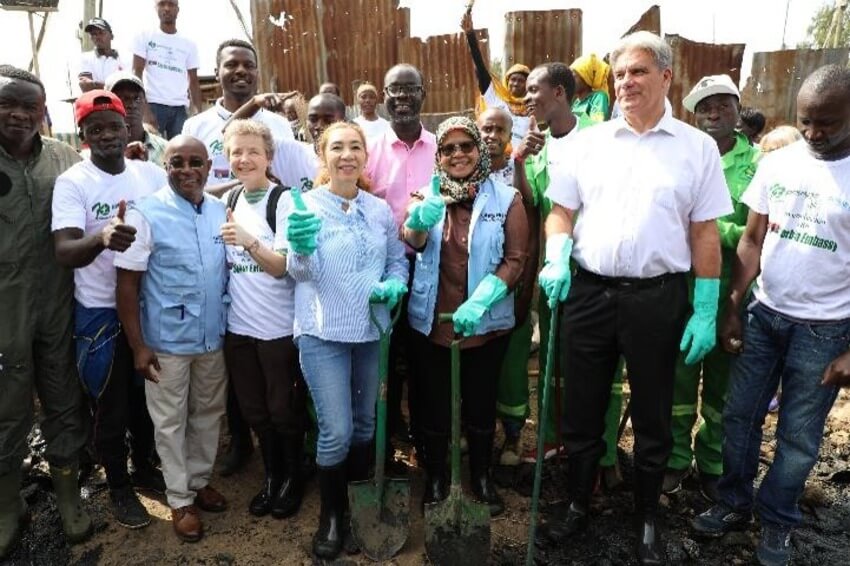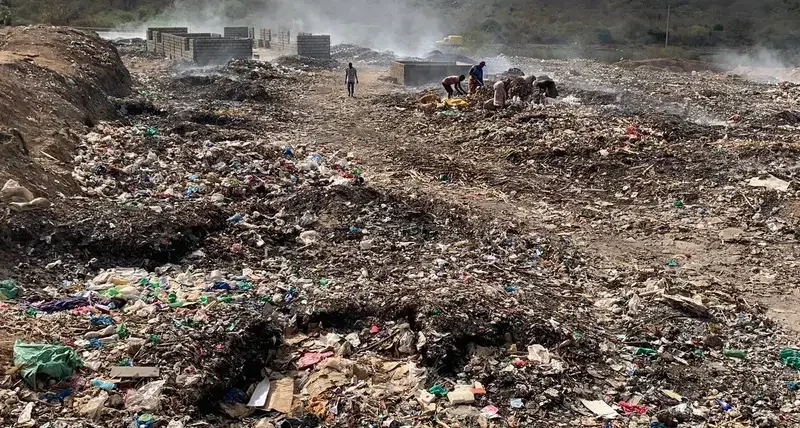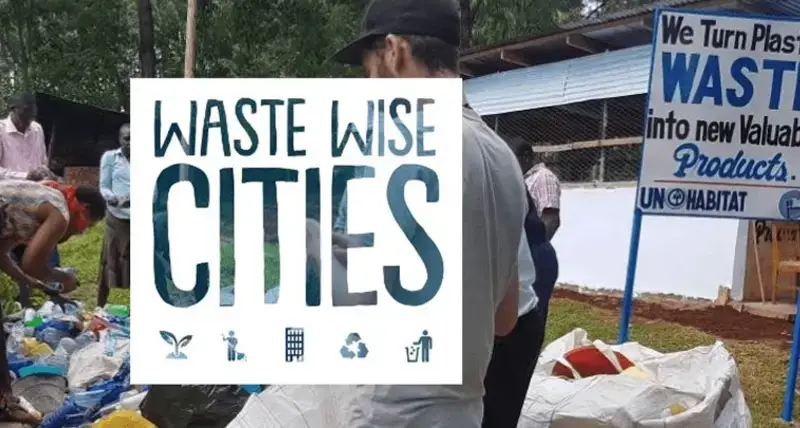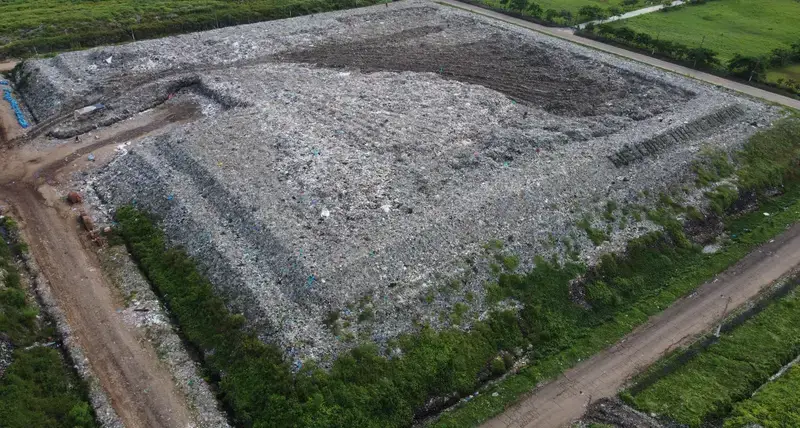UN Zero Waste Day
Waste Wise Cities
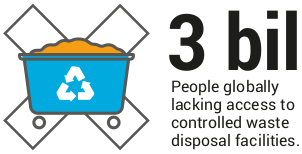
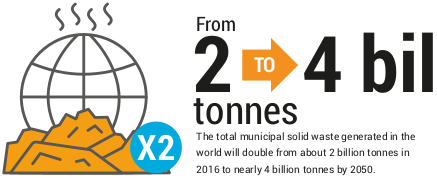
UN-Habitat launched “Waste Wise Cities”, to address the increasing global waste management crisis. Waste from homes, markets, businesses and institutions is thrown on the streets, in drains, dumped next to communities or openly burnt. Not only does this make our cities unsightly and unattractive to tourists and investors, it leads to flooding, air and water pollution, diseases as well as respiratory and other health problems. The urban poor are the most affected. Waste management operations account for a significant proportion of city budgets, but financing for waste management remains inadequate.
However, cities can effectively tackle the waste management problem when regarding waste as a resource, contributing also to reducing global Green House Gas emissions and local air pollution. To be successful, cities must deal with their waste management issues in their context, while also learning from the experience of other cities
Key Principles

Assess quantity and type of waste generated by residents, establishments and businesses.

Improve collection and transportation of waste.

Ensure environmentally safe disposal of waste.

Promote the 5 Rs –Rethink, Reduce, Reuse, Recycle and Refuse the use of single-use items, to derive maximum value from waste.

Empower and work with civil society, NGOs, private and informal sectors.

Establish better working conditions for waste workers, whether in formal or informal employment.

Carefully evaluate and implement innovative technological alternatives, e.g. waste-to-energy schemes, and learn from other cities.

Make long-term strategic plans for urbanisation, which fully consider solid waste generation and treatment.

Design financial and other incentives, promoting a transition to a more circular economy and reducing waste.

Encourage “Rethinking on waste” through public education and awareness efforts to change public attitudes towards waste.

Regularly review progress on Municipal Solid Waste Management in the city and provide achievements and success stories annually on the Waste Wise Cities website.

Strive towards achieving the Sustainable Development Goals, as well as the goals of the Paris Agreement and the New Urban Agenda.
How will UN-Habitat assist you?
UN-Habitat will support cities that want to become Waste Wise in the following action areas:
 Waste Data & Monitoring (e.g. feedback on available data, support in collection of data with Waste Wise Cities Tool)
Waste Data & Monitoring (e.g. feedback on available data, support in collection of data with Waste Wise Cities Tool)
 Knowledge & Good Practices Sharing (e.g.Newsletter, City-to-city Partnerships, Waste Wise Academy)
Knowledge & Good Practices Sharing (e.g.Newsletter, City-to-city Partnerships, Waste Wise Academy)
 Advocacy & Education (e.g. educational toolkit, awareness raising material)
Advocacy & Education (e.g. educational toolkit, awareness raising material)
 Project Finance & Bankability Support (e.g. for drafting project proposals, marketplace)
Project Finance & Bankability Support (e.g. for drafting project proposals, marketplace)
